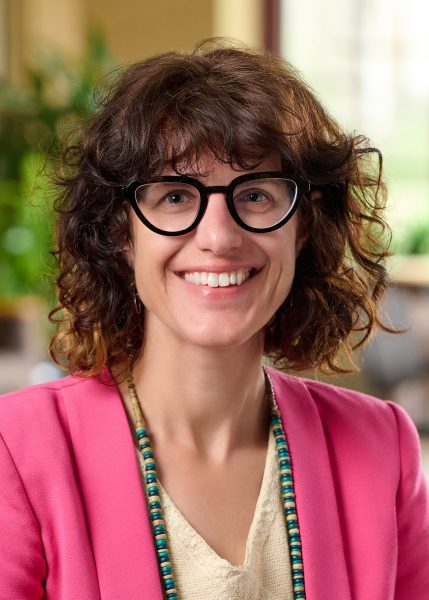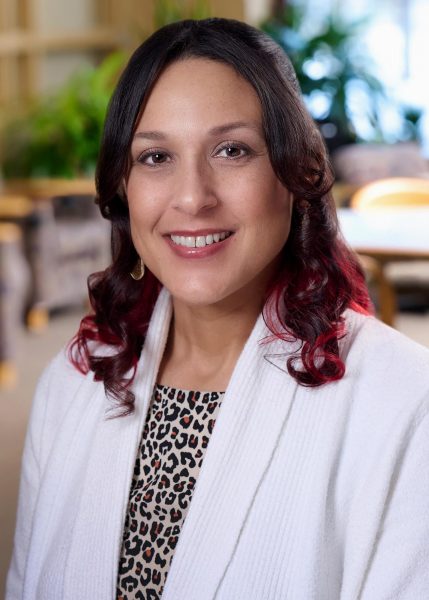What do students do in this clinic?
Students can choose to focus on either policy reform or representation in the clinic. Representation-track students represent parents after their children have been removed from their home. Policy-track students work directly with community advocates, child welfare constituents, and legislators on policy reform at the Minnesota Legislature. Both policy and representation students meet together for a joint, year-long class (2 semesters). Participation in the Child Protection Clinic meets the experiential requirement in the Child Welfare Certificate.
Child Welfare Certificate
The Child Welfare Certificate allows student to specialize in an important and developing area of law. Through this certificate students will have an opportunity to focus on child welfare issues, courtroom advocacy, trauma- informed practices, and secondary trauma in the legal system.
Scotty Ducharme ’19 tells how his family’s experience with a Legal Aid attorney years earlier inspired him to come to Mitchell Hamline and eventually work in Child Protection Clinic.
Nadine Graves ’17 and Whitney Buchelt ’18 talk about their experience in the Child Protection Clinic at Mitchell Hamline.



